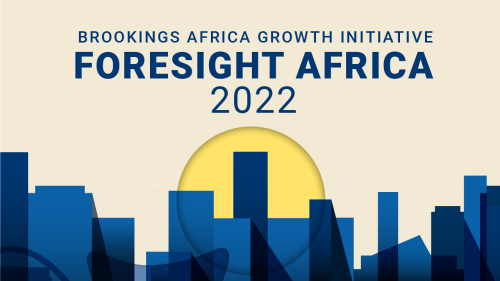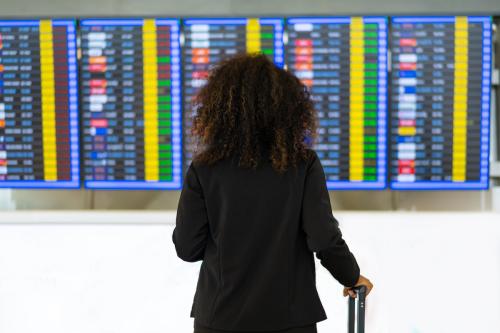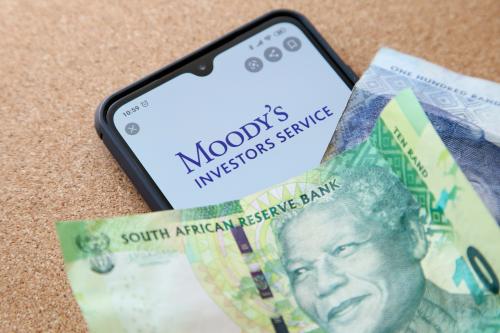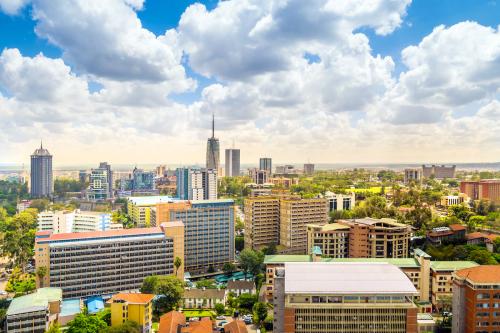Oil and gas discovery in Namibia; Kenyan startup provides an affordable alternative to hazardous biomass cooking fuels with affordable ethanol stoves
On Tuesday, January 25, oil giant Shell announced the discovery of a substantial offshore oil and gas well in Namibia. Early analysis of the exploratory drilling estimates that the newly discovered well could contain 250 to 300 million barrels of oil and gas, but Shell remains undecided whether it will develop an offshore oil platform, which would be the country’s first deep-water oil field. Nonetheless, Reuters suggests the discovery of oil and gas could initiate inflows of investment into the country, which is not currently a fossil fuel producer.
In related news, KOKO Networks, an alternative cooking fuel startup with operations in Kenya, announced on Wednesday, January 26, that it is planning to expand its operations to six additional African countries and accelerate production of its clean fuel stoves, with the ultimate aim of manufacturing 5 million stoves annually. In a bid to replace charcoal and wood fuel for cooking, which is a leading factor of deforestation and respiratory disease in Africa, the startup manufactures affordable ethanol stoves for cooking. Each stove costs approximately 2,000 Kenyan shillings ($18). In addition, according to KOKO CEO Greg Murray, the ethanol fuel used in the stoves, which is synthesized from sugar-production byproducts, is 40 percent less expensive than charcoal. KOKO currently services more than 300,000 Kenyan homes.
Coup d’état in Burkina Faso
On Monday, January 24, the Patriotic Movement for Safeguard and Restoration (MPSR), a collection of soldiers that claims to include personnel from all the sections of the army, announced that they had ousted the nation’s democratically elected president, Marc Roch Kaboré, and dissolved the government and constitution as well as closed the borders.
In the announcement, a spokesman for the group cited Kaboré’s inability to unite the country as well as his failure to respond to the Islamist insurgence as reasons for the move. Through a statement read by an MPSR officer on Thursday, junta leader Lieutenant Colonel Paul-Henri Damiba said that the country would restore the constitutional government given “the right circumstances” and called for support from the international community. This event is not the first in the country: Burkina Faso has experienced several coups since its independence from France in 1960. In addition, six years ago, former President Blaise Compaore, who had been in power for 27 years, was ousted in a popular revolt.
In response to the MPSR’s announcement, the Economic Community of West African States (ECOWAS) and international allies condemned the coup. Then, on Friday, January 28, ECOWAS, after an emergency session to discuss it as well as similar events in Guinea and Mali, suspended Burkina Faso. As of this writing, Kaboré’s location is unknown.
COVID numbers begin to fall after omicron peak; South Africa’s Special Investigation Unit examines corruption allegations around health equipment contracts
Last week, the World Health Organization (WHO) announced that weekly COVID-19 cases and deaths in Africa had fallen by 20 percent and 8 percent, respectively, dropping for the first time since the peak of the omicron variant propelled a fourth wave in the pandemic in early January. Describing the nature of the omicron wave in Africa, Dr. Matshidiso Moeti, WHO regional director for Africa, stated, “While the acceleration, peak and decline of this wave have been unmatched, its impact has been moderate, and Africa is emerging with fewer deaths and lower hospitalizations.” Progress toward vaccinating the continent continues as well, with more than 370 million doses administered as of January 26, 2022, and just under 11 percent of the continent’s population fully vaccinated. Notably, in her announcement, Moeti warned that, as long as the virus is in circulation, additional COVID-19 waves are “inevitable” and called for both broadened vaccination efforts, but also an increase in access to life-saving COVID-19 medications.
In other COVID news, on Tuesday, the Special Investigating Unit (SIU) in South Africa examining health equipment contracts announced it had found that 2,803 of the 4,549 contracts under review— approximately 62 percent —were found to be irregular. The SIU was authorized by President Cyril Ramaphosa in July 2020 to probe any allegations relating to the misuse of COVID-19 funds across all spheres of government. The National Prosecuting Authority has said that it and other law enforcement agencies in the country may use the SIU’s investigations to file criminal charges.








Commentary
Africa in the news: Major oil and gas discovery in Namibia; coup d’état in Burkina Faso; and COVID update
January 29, 2022